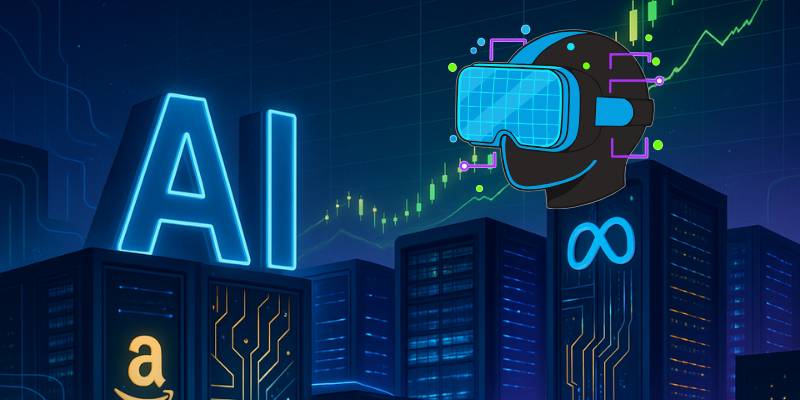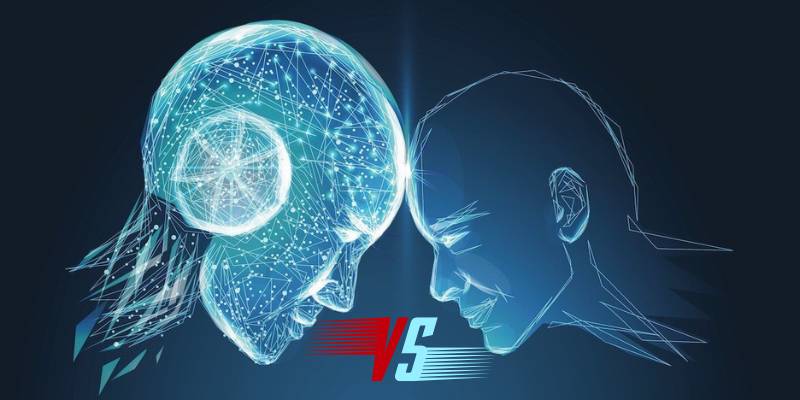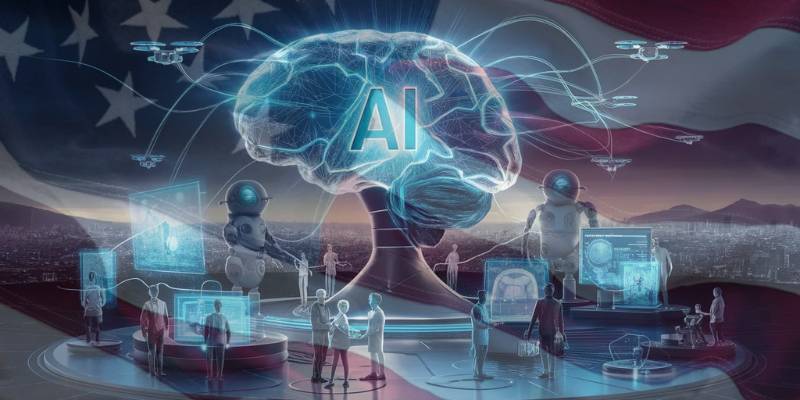There’s a nervous rhythm pulsing through Silicon Valley this week. As Microsoft, Alphabet, Amazon, and Meta prepare to unveil their quarterly results, the question echoing from Wall Street to coffee chats in Palo Alto is simple: are we riding innovation—or inflating yet another bubble?
The hype is intoxicating. Over $400 billion has been poured into AI infrastructure this year alone, much of it from the same firms leading the charge. It’s a feeding frenzy, like the dot-com boom reborn.
But unlike the late 90s, this one’s running on algorithms instead of ad banners.
Still, not all that glitters is machine-learned gold; a recent MIT study showed fewer than 1 in 20 corporate AI projects yield real measurable results.
Some insiders are quietly raising eyebrows. Even OpenAI’s co-founder Andrej Karpathy, never one to mince words, said recently that the industry’s “trying to pretend like this is amazing—and it’s not.”
His bluntness stings, but maybe it’s the jolt of honesty everyone’s avoiding. At the same time, Nvidia’s reported $100 billion stake in its own customer, OpenAI, adds to the déjà vu—those tangled circular deals we’ve seen before.
Yet optimism refuses to die. Investors keep betting that adoption will eventually justify the outlay.
The logic goes: once generative models mature, they’ll weave themselves into everything—from Apple’s productivity push to factory automation.
Fair point—but even that feels like déjà vu from the blockchain buzz a few years back.
What really fuels this mania isn’t greed alone; it’s FOMO. No CEO wants to be the one who “missed the AI train.”
As Meta’s $27 billion data-center financing deal showed, Big Tech will go deep into debt rather than risk lagging behind.
Call it ambition, call it hubris—either way, it’s rewriting the rules of capital expenditure.
Still, amid the noise, something extraordinary is happening. The world’s most powerful companies are reinventing themselves in real time.
Maybe this won’t end with a pop but a pivot—toward a future where AI becomes so ordinary we stop calling it AI at all. And maybe, just maybe, that’s the point.


